Is Your Business Data Secure? 5 Things to Know About Small Business Data Breaches

A data breach is not something that just happens to mega-retailers – small businesses are also at risk. From customers’ credit card numbers to employee tax information, it’s likely that your small business handles sensitive data on a regular basis.
All it takes is one convincing phishing email or a stolen laptop for sensitive data to get into the wrong hands. Having the right business coverage with cyber protection is just one of many defense tools.
Data Breaches: What Small Business Owners Should Know
- They affect any business, large or small: In 2023, the Identity Theft Resource Center found a 73% increase in cybersecurity incidents involving small businesses. Larger businesses might have the money and resources to help them recover, but smaller companies face greater challenges in the recovery process.
- They’re costly. If several records are compromised, you could easily look at hundreds of thousands of dollars in expenses. These expenses can include legal fees, costs to upgrade or replace your POS system (depending on the source of the breach), or even a forensic examination. Some of the more serious small business data breaches have led businesses to close. For those who do stay open, it can be costly to repair the damage to their reputation and restore customers’ trust.
- They have multiple causes. Small businesses can experience a data breach in several different ways. Whether it’s a misplaced computer, an improperly shredded document, a hacked database, or a variety of social engineering fraud techniques like phishing, business data can easily become exposed.
- They can take a while to detect. The complexity of today’s technology, combined with the sophistication of many hackers, can make a data breach fly under the radar for weeks or even months. It can be hard for a small business, lacking the resources that many big businesses have, to uncover a breach.
- They’re serious. If it happens to you, take action and alert those involved. It’s important to let your customers and employees know what’s happening. Be transparent and be prepared to address any questions from affected individuals. All states require that businesses contact any individuals whose private, nonpublic information is exposed through a data breach. For trusted advice, read this guide to data breach response for business owners from the Federal Trade Commission.
The personal information of customers, employees, and/or tenants entrusted to you is critical to the day-to-day functioning of your business. So, have you ever considered what would happen if this business data was lost, stolen, or accidentally released?
Protect Your Business Data
Fortunately, there are ways to protect your business data. Here are just a few:
- Invest in sound security technology. This is a complex matter, and the level of security you need will vary depending on the nature of your business. Do some research or consult with an information security expert to learn the best options for your business. The right technology might not be cheap, but it will almost certainly cost less than losing sensitive business data.
- Educate employees. Teach your employees how to handle sensitive business data and train them to spot different types of social engineering fraud. You might also consider granting special access to sensitive business data on an as-needed basis.
- Update those passwords. Make sure you and your employees implement password best practices. This can include making passwords at least 16 characters in length, using random numbers, symbols, and mixed-case letters, and implementing two-factor authentication when possible. And never keep passwords on a sticky note on laptops; invest in an online password manager.
- Practice data minimization. Reduce the amount of business data in your care by refraining from collecting information you don’t need, reducing the number of places you store your business data, and safely purging any business data you no longer need.
- Monitor the whereabouts of your devices. Put a system in place that quickly lets you know if a device is missing. Also, make sure to lock up any devices that aren’t being used.
- Properly dispose of business data. Shred sensitive documents and wipe clean the hard drives of any devices you no longer need.
- Hire the right people. The Cybersecurity and Infrastructure Security Agency encourages having a designated IT team – even if that team is just one or two people – to help protect the data at your company.
- Get cyber protection for your small business. With the right cyber liability insurance, you’re covered for losses arising from various cybercrimes, including data breaches, computer fraud and attacks, cyber extortion, misdirected payment fraud, and telecommunications fraud. It also includes third-party liability coverages for privacy incident liability, network security liability, and electronic media liability. As an added bonus, you’ll have access to a team of cyber professionals who are experienced in handling these types of claims.
Protect your Small Business from Cyber Incidents
Protecting your business in the digital age is more complex than having the right locks on your doors and fresh batteries in your smoke detectors. It’s about protecting your data and data systems from threats and damage from cyber attacks and related legal action.
With cyber liability insurance, you’ll have cyber professionals on your side to help your business recover from attacks and mitigate your risks. You’ll also have access to a risk management portal to help prevent attacks before they happen. Talk to a local agent today about cyber liability insurance options and get a no-obligation quote for adding it to your business policy.
ERIE® insurance products and services are provided by one or more of the following insurers: Erie Insurance Exchange, Erie Insurance Company, Erie Insurance Property & Casualty Company, Flagship City Insurance Company and Erie Family Life Insurance Company (home offices: Erie, Pennsylvania) or Erie Insurance Company of New York (home office: Rochester, New York). The companies within the Erie Insurance Group are not licensed to operate in all states. Refer to the company licensure and states of operation information.
The insurance products and rates, if applicable, described in this blog are in effect as of January 2024 and may be changed at any time.
Insurance products are subject to terms, conditions and exclusions not described in this blog. The policy contains the specific details of the coverages, terms, conditions and exclusions.
The insurance products and services described in this blog are not offered in all states. ERIE life insurance and annuity products are not available in New York. ERIE Medicare supplement products are not available in the District of Columbia or New York. ERIE long term care products are not available in the District of Columbia and New York.
Eligibility will be determined at the time of application based upon applicable underwriting guidelines and rules in effect at that time.
Your ERIE agent can offer you practical guidance and answer questions you may have before you buy.

A better insurance experience starts with ERIE.
Haven’t heard of us? Erie Insurance started with humble beginnings in 1925 with a mission to emphasize customer service above all else. Though we’ve grown to reach the Fortune 500 list, we still haven’t lost the human touch.
Contact Willis Insurance Agency today to experience the ERIE difference for yourself.

